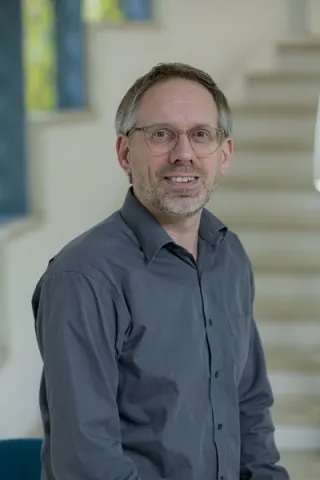About the project
A fully funded PhD studentship is available in computational materials discovery, as part of a prestigious international Synergy grant funded by the European Research Council. The project, ‘Autonomous Discovery of Advanced Materials’, aims to revolutionise the way that new materials are discovered by combining computational simulations, robotics and materials synthesis.
This project is based in the School of Chemistry’s computational systems materials discovery research group, who pioneered the use of crystal structure prediction (CSP) for the discovery of functional molecular materials. Computational methods are developing rapidly in this area, and you will join our internationally leading group in the development and use of CSP methods.
You will develop computational methods that can guide the discovery of new materials with designed properties in areas including:
- organic semiconductors
- photocatalysts
- porous materials
As well as developing software you will be involved in collaborations with lab-based materials discovery, where the computational results are used to guide robots to perform large-scale experiments.
You will be part of a multi-disciplinary team which includes collaborators at the University of Liverpool and Rostock University. Through these collaborations, you will interact with other computational chemists, synthetic chemists and engineers developing the use of robots in the materials chemistry laboratory.
